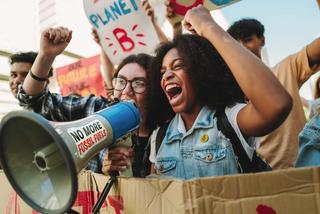With every year that passes, let’s celebrate the progress we’ve achieved.
Throughout this year, the Amnesty community has helped to change lives for the better.
Laws have been changed to enshrine and uphold human rights in legislation. Unjust prison sentences have been overturned. And all over the world, people have shown the very best of humanity by acting with compassion and generosity.
Here’s an overview of the things we have achieved together in 2023.
Take care, this blog contains mentions of sexual violence and other violations of human rights that may be distressing.

Individuals freed from unjust imprisonment
Three years ago, Cecillia Chimbiri and Joanah Mamombe led a peaceful protest. In a gross violation of their human rights, the pair were kidnapped by police and assaulted. Despite being hospitalised, they were arrested for offenses related to the protest and later charged with fabricating their assault. As part of Amnesty’s 2022 Write for Rights campaign, hundreds of thousands of people demanded justice, and in July this year Cecillia and Joanah were acquitted from the charges placed on them.
Another person whose case was highlighted in last year’s Write for Rights campaign was human rights lawyer Mohamed Baker. Thanks to extensive campaigning by Amnesty supporters around the world, Mohamed was released by presidential pardon after four years in arbitrary detention for his crucial human rights work.
Every year, Write for Rights brings hope to people around the world who have experienced gross violations of their human rights. Find out more about this year’s campaign and send a message of solidarity here.
© Tsvangirayi Mukwazhi/Amnesty International
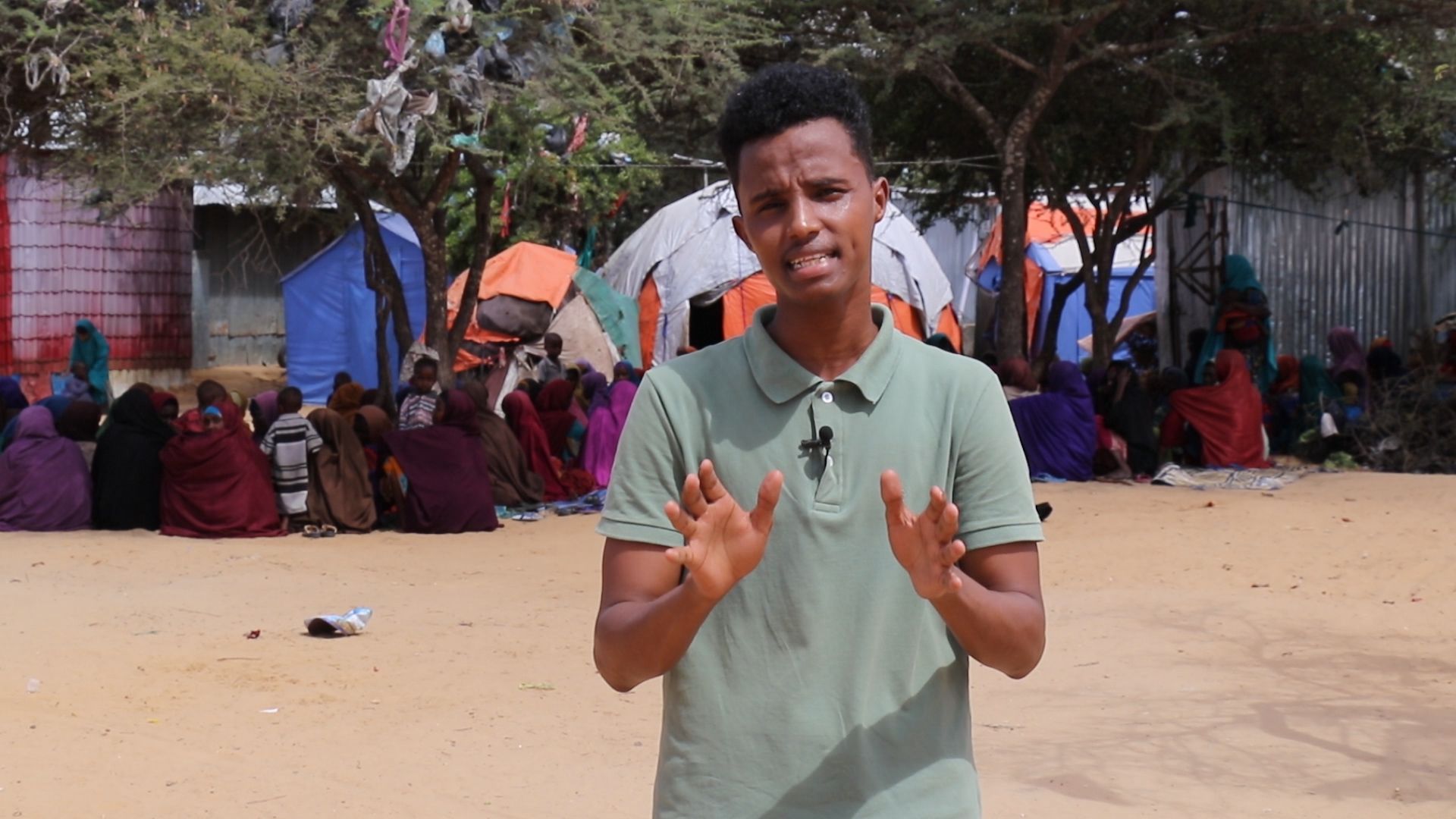
In October, Amnesty International issued an Urgent Action calling for the release of Somali journalist Mohamed Ibrahim Osman Bulbul. The very next day, he was granted bail from Mogadishu prison, and a few days later, all charges against him were dismissed.
Mohamed has expressed his deepest gratitude for your support and tireless advocacy for his freedom. In a message to Amnesty International he said, “Your Urgent Action has really played a huge role in ensuring that I gained my freedom. I am deeply touched by your solidarity.”
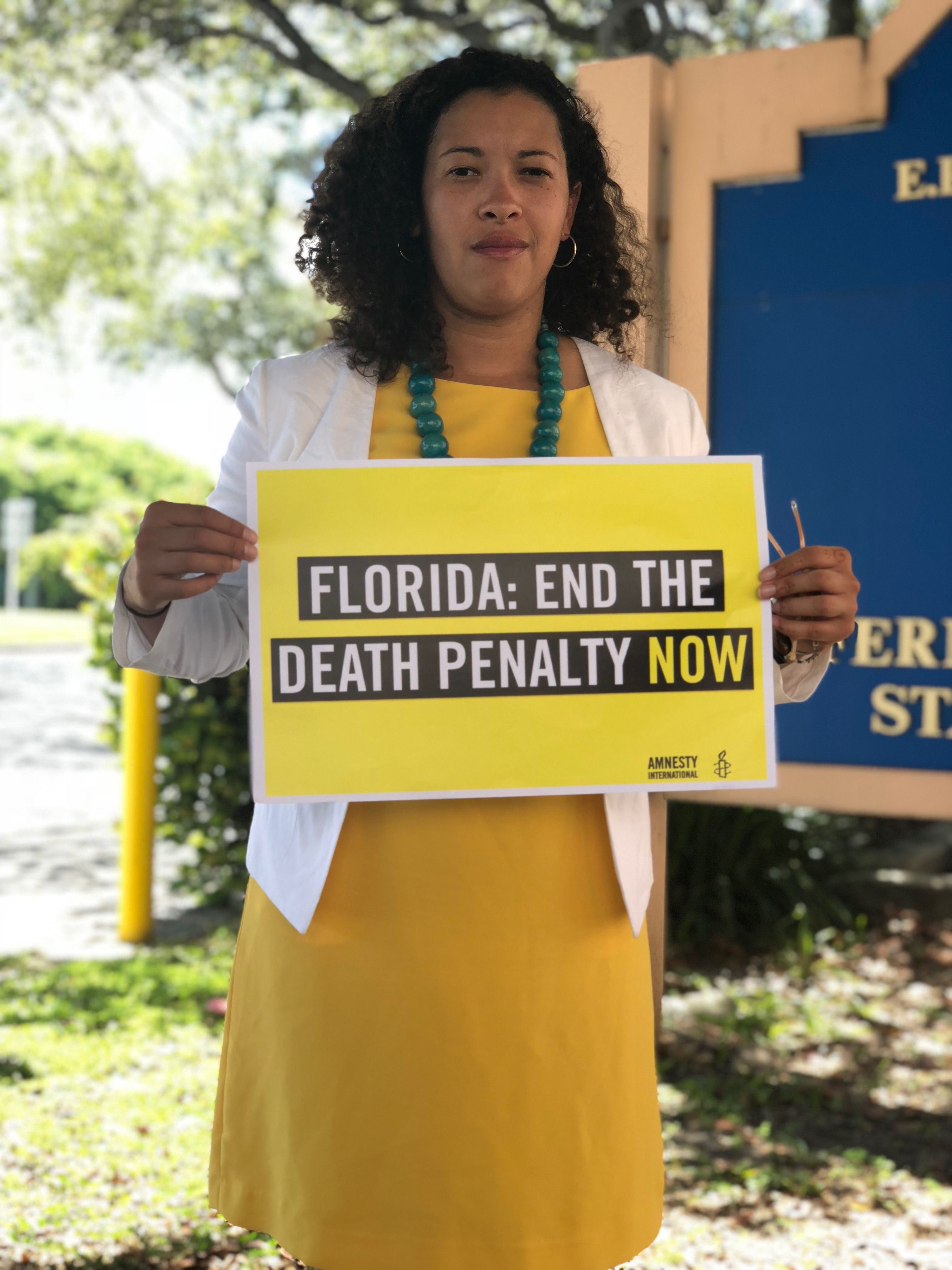
Towards the abolition of the death penalty
Amnesty International opposes the death penalty in all cases without exception – regardless of who is accused, the nature or circumstances of the crime, guilt or innocence or method of execution. Until recently, Malaysia imposed death penalty sentences for 12 offences, including drug crimes. But new laws have removed these mandatory punishments for seven crimes, which means close to 1000 people sentenced to death can now apply for resentencing. This is a massive win towards total abolition of the death penalty in Malaysia.
In July, Ghana’s Parliament voted to remove the death penalty from their 1960 Criminal and Other Offences Act and the 1962 Armed Forces Act. This was a major step towards abolishing the death penalty.
Every year, Amnesty International creates a report on the use of the death penalty around the globe for the previous year. Find out more about the latest facts and figures here.
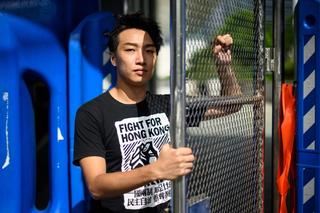
Victories for LBGTQIA+ and women’s rights
In Hong Kong, LGBTQIA+ activist Jimmy Sham won a partial victory in his bid to have his same-sex marriage legally recognised. The court ruled that the government has a constitutional duty to provide a legal framework for the recognition of same-sex relationships and has set a two-year timeline for this work. This was an important step forward and a moment of hope for Hong Kong’s rainbow community, who have long been denied equal rights under outdated and discriminatory laws.
In the wake of the Taiwan’s #MeToo movement, Amnesty International supporters in the country have been calling for an end to online sexual violence. In response, the Taiwan Government passed an amendment to the “Sexual Assault Crime Prevention Act”, demanding that internet platforms or service providers restrict the browsing of - or remove –harmful materials related to these crimes.
© AFP via Getty Images
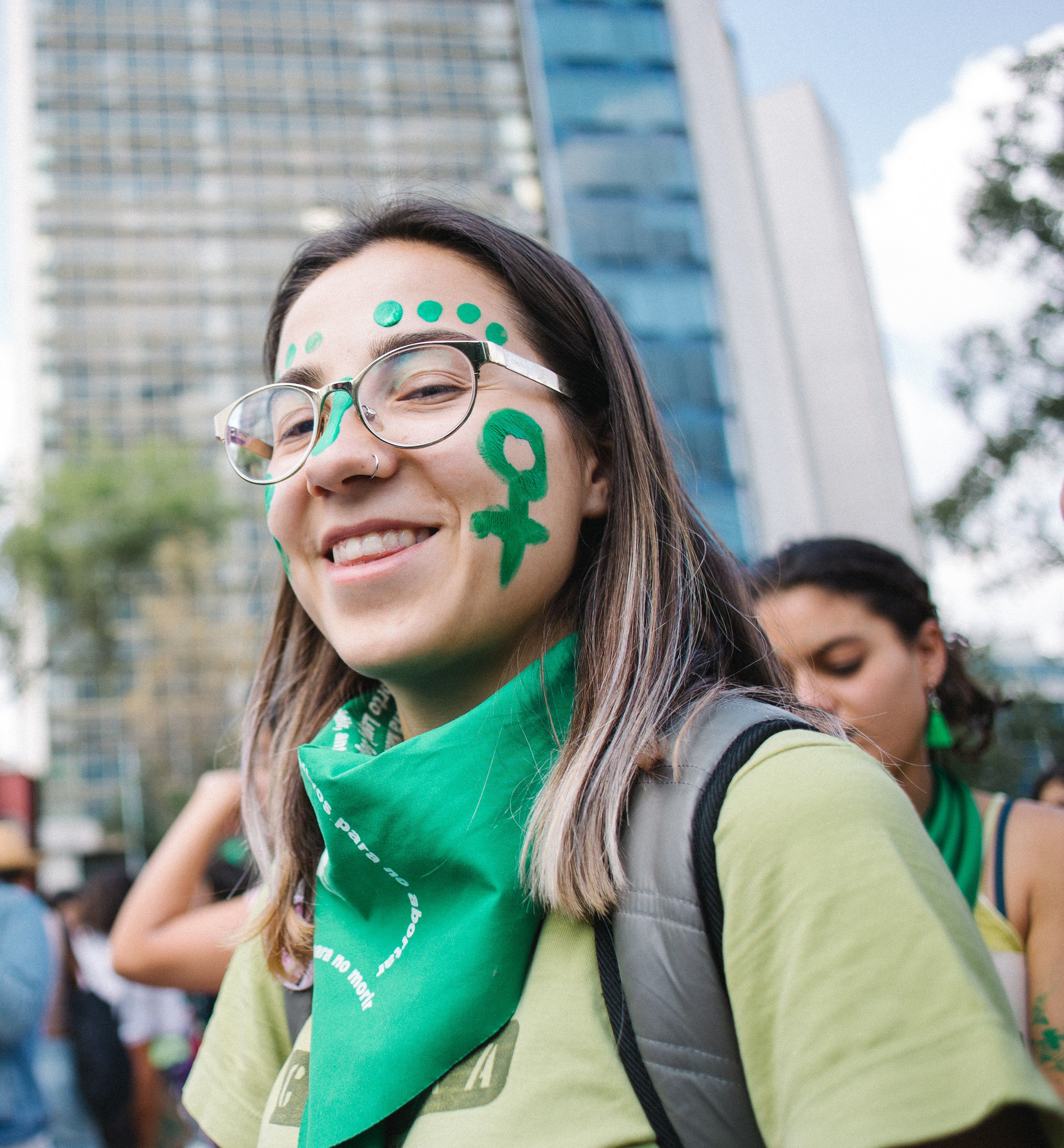
Meanwhile, Paraguay’s National Council for Children and Adolescents approved the National Programme for the Prevention and Care of Child and Adolescent Victims of Sexual Abuse. This was one of the key recommendations of Amnesty International’s report, “They are girls, not mothers”, which was published in 2021.
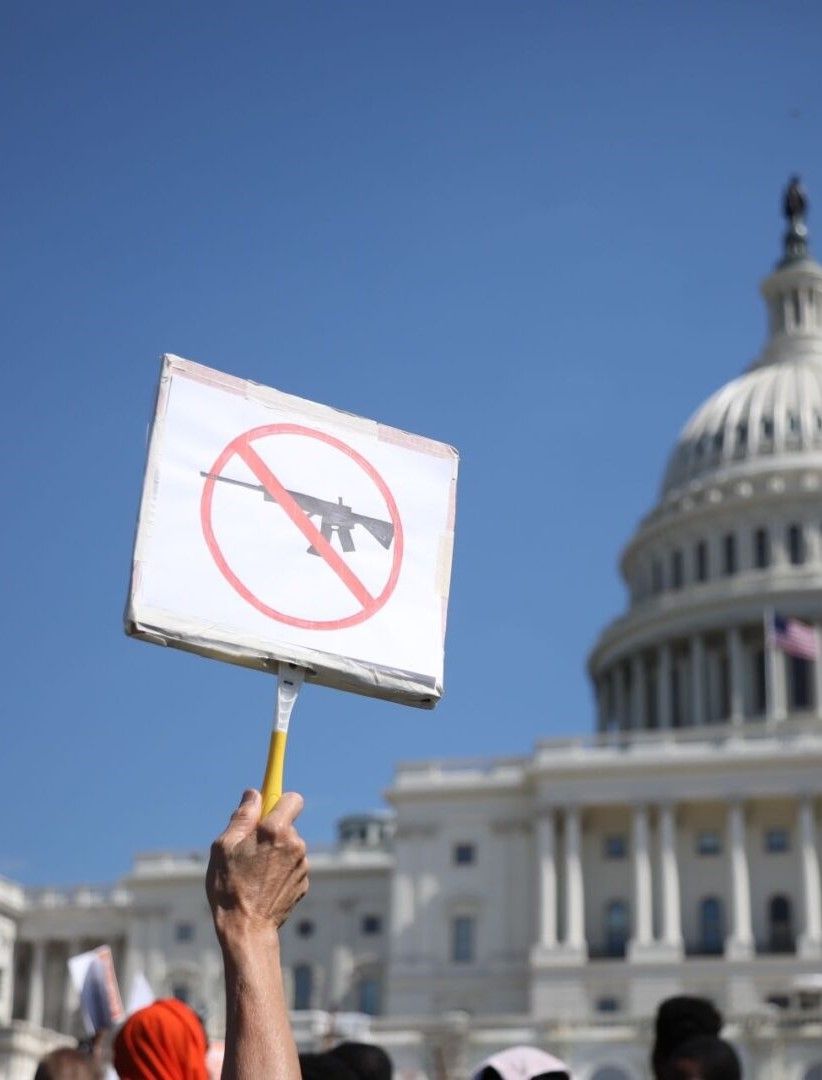
Changing legislation for the better
In September, President Biden announced the first-ever White House Office of Gun Violence Prevention. Amnesty International USA has been advocating for this since 2018, and it is hoped that the Office will reduce gun violence and improve legislation around gun control.
Also in September, Mexico’s Supreme Court decriminalised abortion across the entire country. This is a massive victory for Mexican human rights activists and Amnesty Advocates around the world. This ruling extends the trend to secure abortion rights across Latin America, a trend that we hope will continue to grow.
In October, the Congress of Argentina approved the Olimpia Law, which seeks to prevent gender-based violence online. The new law is named after Olimpia Coral Melo, an activist who has been campaigning for safe digital spaces for girls and women. Amnesty International Argentina has released multiple reports detailing the effects of online violence on women and have been calling for this law to be passed for several years.
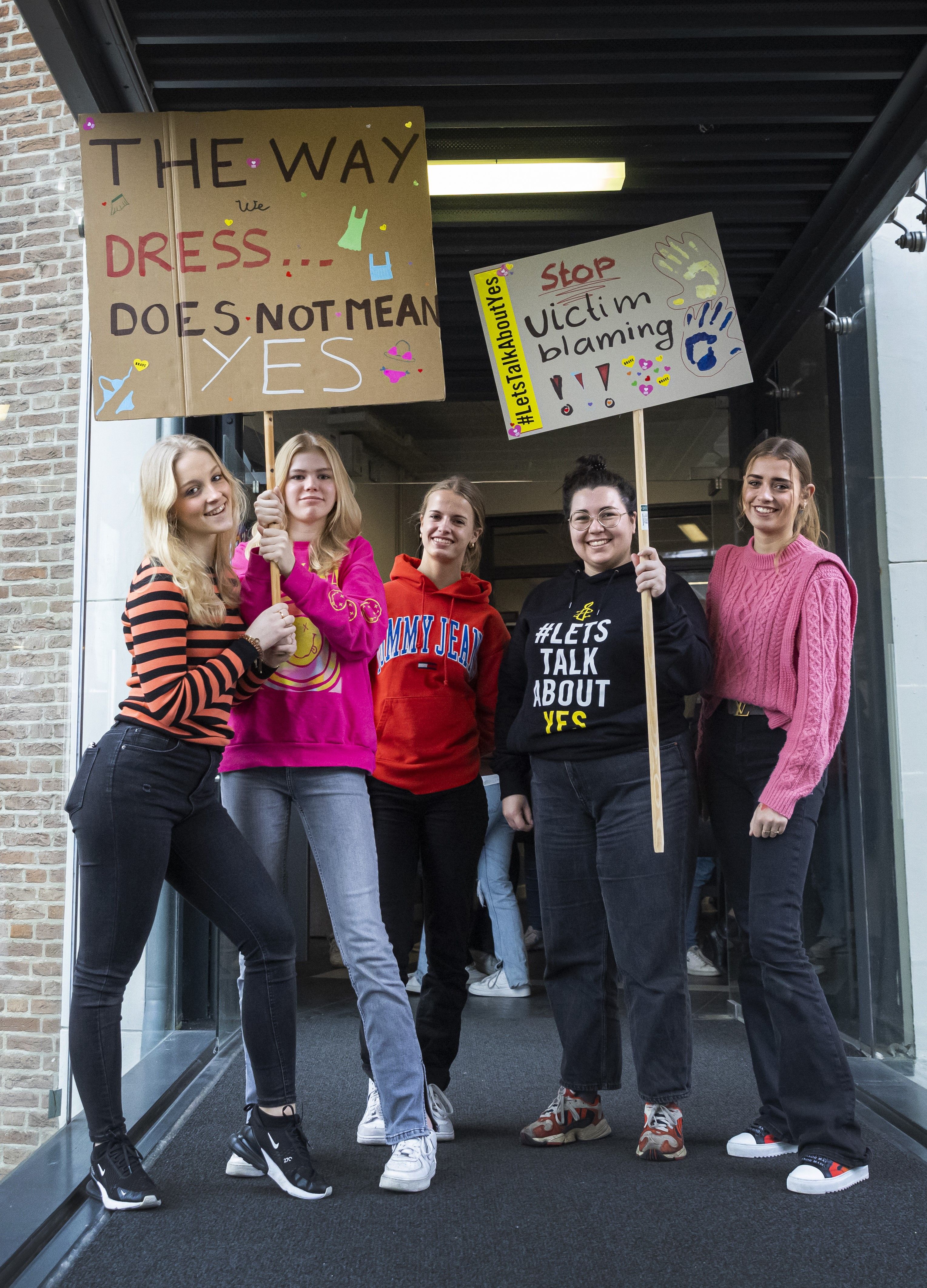
Another huge win for women’s rights advocates was won in Switzerland, where the government amended its rape law to a consent-based definition. Likewise, the Netherlands’ House of Representatives voted to amend the Sexual Offences Act by introducing a consent-based definition of rape in July. These are significant successes for activists, survivors, and allies, as well as for Amnesty International’s advocacy in the region.
In December, the European Union reached an agreement on the Corporate Sustainability Due Diligence Directive after more than a decade of campaigning from Amnesty International. The Directive is a ground-breaking piece of legislation which will require companies operating in the EU to address the human rights and environmental harms of their operations. This is an important step forward for corporate accountability and while it didn’t go as far as Amnesty has called for in some areas, it will provide a crucial new route to remedy for people affected by corporate human rights abuse around the world.
© Marieke Wijntjes

Powerful international advocacy
Amnesty International’s Security Lab leads ground-breaking investigations into cyber-attacks that pose a serious threat to human rights activists and everyday users of technology. This year, the team uncovered a sophisticated spyware campaign, believed to have been sold to government hackers to perform targeted attacks on mobile and desktop devices. As a result of Amnesty’s mahi, Google and Samsung released a security update to protect billions of users around the world.
Six young people from Portugal presented a landmark case before the European Court of Human Rights, showing that there are powerful legal avenues to achieve climate justice. Amnesty International filed a submission to the court, arguing that governments are obligated to protect human rights internationally through their climate policies. If successful, countries could be legally required to reduce climate pollution.
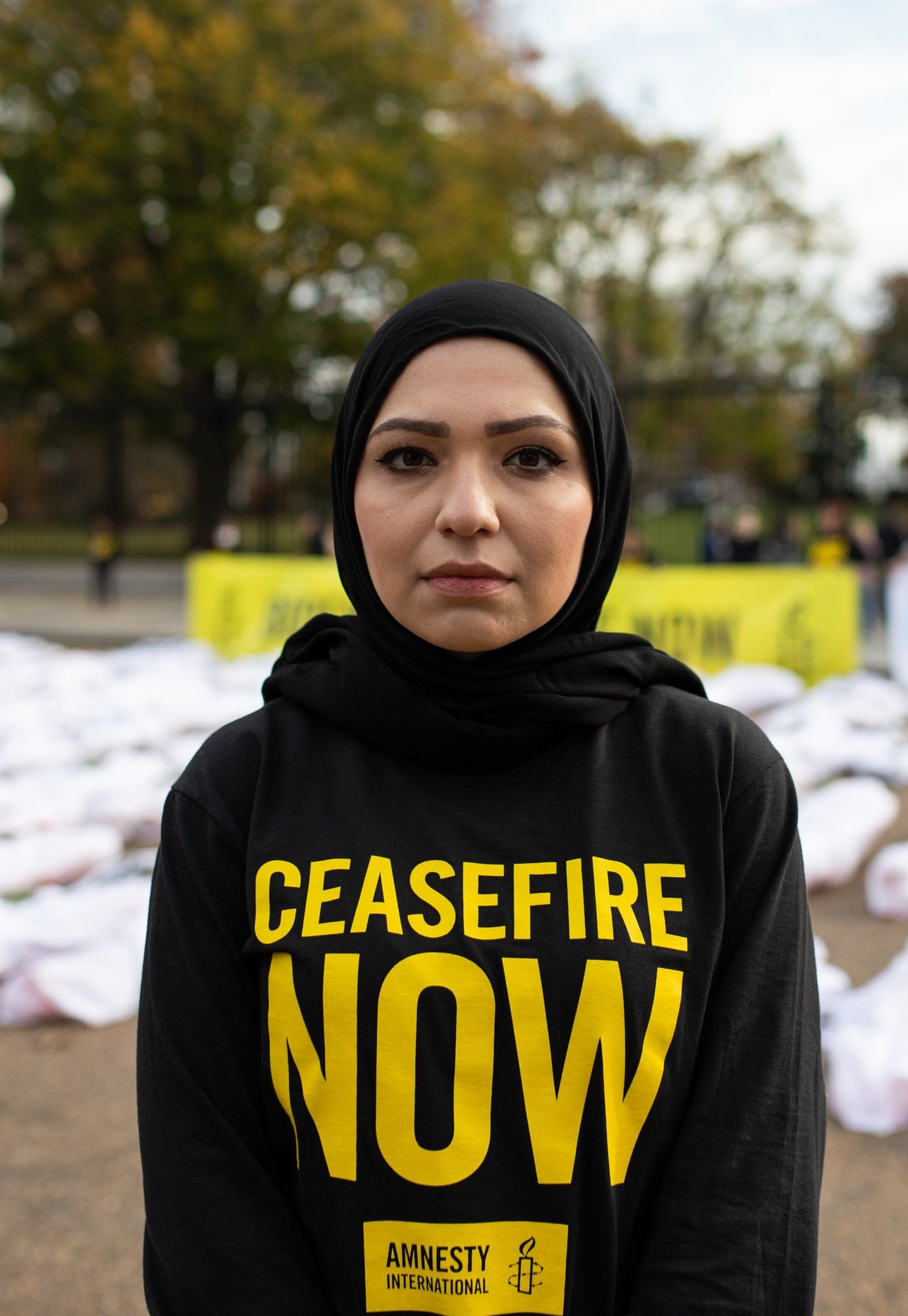
The UN Human Rights Council is a crucial global mechanism for investigating human rights violations and holding perpetrators to account. Amnesty International joined with like-minded organisations to lobby the Human Rights Council to address the abuse of human rights in Sudan. As a result, the Council has adopted a resolution to establish an independent international fact-finding mission. The aim is to investigate all alleged human rights violations, as well as violations of international humanitarian law. This is an important step towards accountability in Sudan.
We stood in solidarity with the people of Israel and the Occupied Palestinian Territories as they face unprecedented violence and appalling violations of their human rights. Over 10,000 New Zealanders signed our petition calling for a ceasefire. Around the world, more than three million people added their voice to this call. Thanks to the generous support of Amnesty members, our teams have conducted critical on-the-ground research to expose human rights violations and hold those responsible to account.
© Lauren Murphy/Amnesty International USA
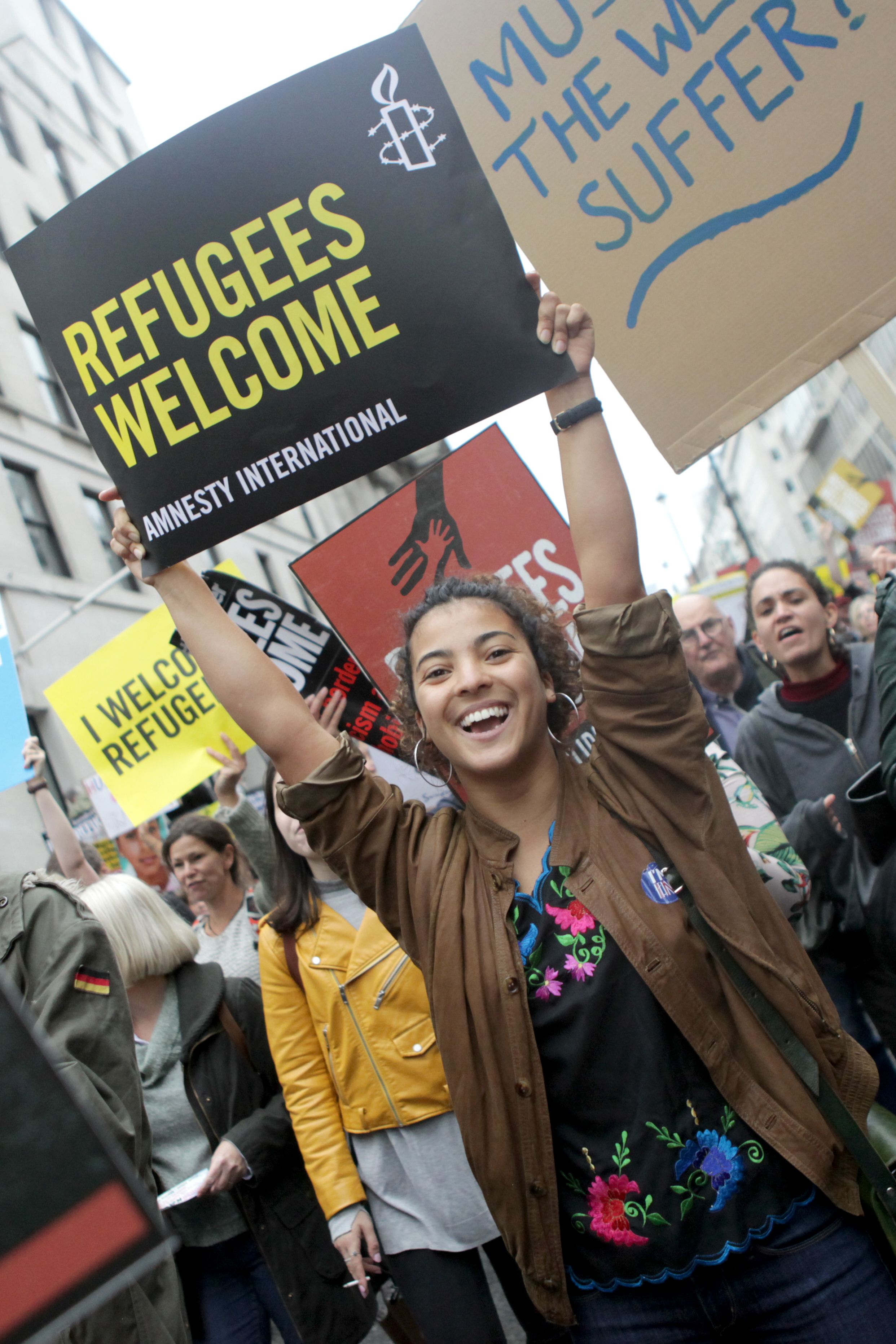
Local wins in Aotearoa New Zealand
In March, FIFA succumbed to international pressure and dropped plans to allow Visit Saudi to sponsor the Women’s World Cup. When news of the potential sponsorship was reported, Amnesty launched a petition asking the then-Sports Minister, Grant Robertson, to take a stance against Saudi Arabia's egregious human rights track record. The U-turn from FIFA was a victory for Amnesty Advocates in Aotearoa and Australia, plus all those working to protect human rights in Saudi Arabia. Goal!
Closer to home, the Government announced a change to immigration legislation that risked causing harm to people seeking asylum in Aotearoa New Zealand. The Immigration (Mass Arrivals) Bill 2023 sought to dramatically increase the amount of time that people seeking refuge could be detained on their arrival in the country and set a dangerous precedent for future changes to the law. In response, we made a submission to the Select Committee – as did many of you, using our template submission guide. Thanks to your vocal opposition, the Select Committee were unable to recommend that the Bill be passed into law. This is an important win for the rights of people seeking refuge, and we continue to work to protect these rights together with other organisations across the motu.
